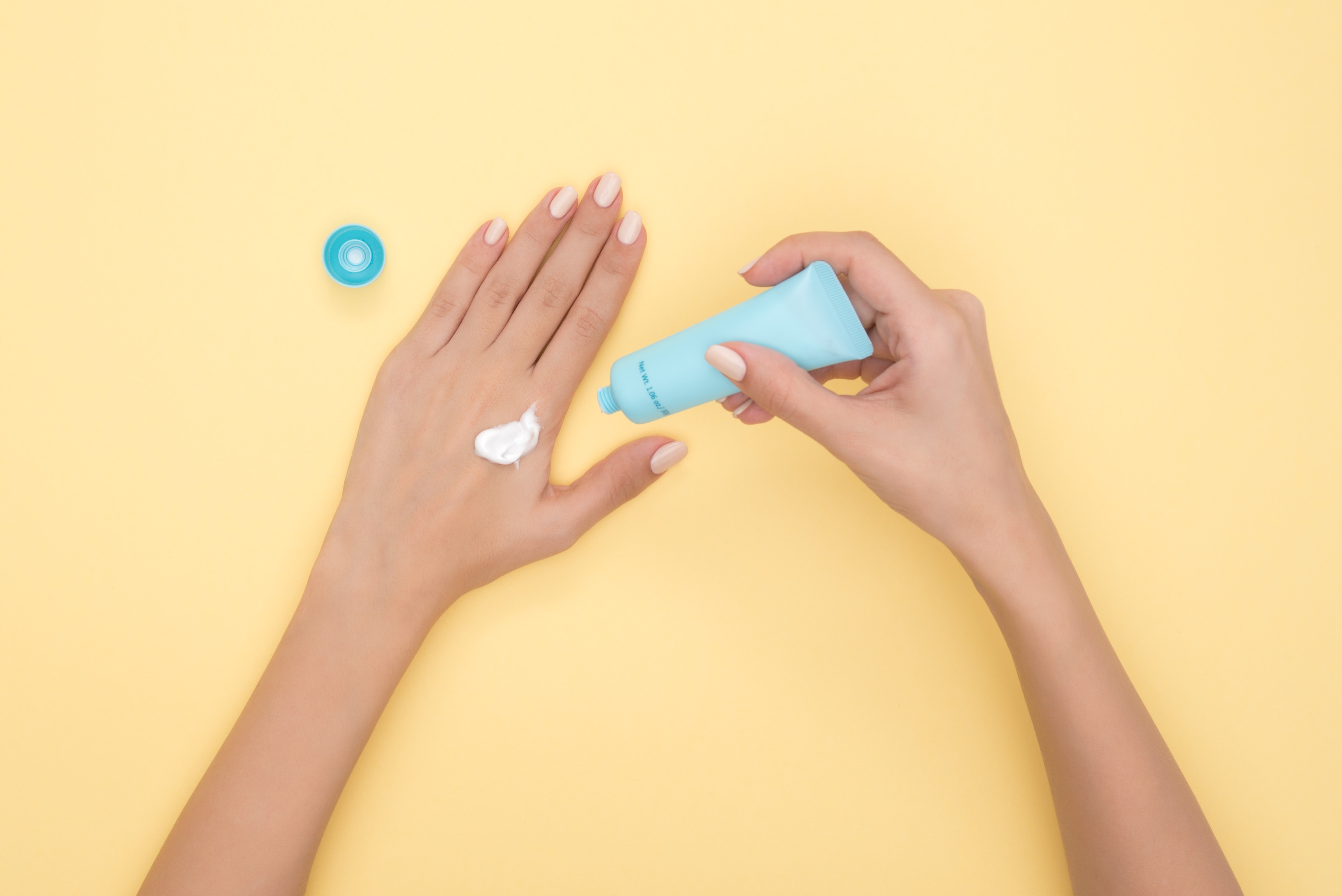Case #1
A patient wanted to treat her newly diagnosed squamous cell skin cancer with a natural eggplant skin cancer cream, which she could buy online for $150. Dr. A discovered that a warning letter was issued to the company three years prior. The letter indicates that the product is not generally recognized as safe and effective under the conditions prescribed, recommended, or suggested in its labeling. Eggplant extract is not an approved ingredient for skin cancer treatment. Using this product delays accurate diagnosis and appropriate treatment. Most skin cancers are curable if detected early so it’s important to get routine skin exams with your dermatologists. This patient’s skin cancer was ultimately cured after surgery.
Case #2:
A consumer skin care brand asked Dr.B to carry their product line. One of their products claimed to repair DNA, making the product a drug, instead of a cosmetic. The company claimed that the product was patented and that should suffice to justify a drug claim. Upon further questioning the company was unable to substantiate the claim. If products are patented or have patented ingredients, it doesn’t mean that they are healthy or effective, and it certainly doesn’t automatically make it a drug. The product is available for purchase online for $120.
Case #3:
Due to it’s unique properties, micellar water is routinely recommended as a gentle makeup remover, especially around the eyes where skin is often more sensitive. While shopping, Dr.C was excited to find a product with micellar water that claimed to be gentle and hypoallergenic. Upon further review of the ingredients, however, she discovered that it contained formaldehyde-releasers, which are associated with allergic skin rashes. From a medical perspective, hypoallergenic products should not contain these ingredients.




